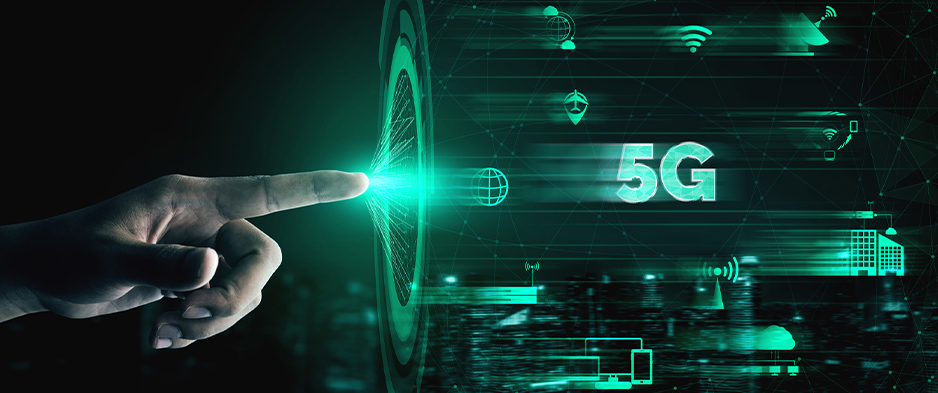How will 5G impact Industrial IoT?
The fifth generation of mobile network will redesign the quality of connection in production plants. And while companies are preparing to unlock an unprecedented level of accessibility and communication, experts are expecting a step forward in the history of the Internet of Things and Industry 4.0.
Industry 4.0 is all about the digitalization of production and integration between physical and digital technologies. Not surprisingly, the National Institute of Standards and Technology (NIST) defines smart manufacturing as the set of “fully integrated collaborative production systems that respond in real time to meet changing needs and conditions in the factory, in the supply network and in customer needs.”
With this premise, connectivity assumes an essential role in supporting the fundamental principles and challenges of the fourth industrial revolution. Especially the IoT, which will be greatly impacted by 5G.
How 5G will transform Industrial IoT
The contribution of 5G to the evolution of the IoT will mainly consist in developing new, faster and more efficient operating models. 5G connectivity, in fact, has all the basic network characteristics for smarter production. In particular, it is able to:
- Increase network speed (theoretical peak speed of 20 Gbps versus 1 Gbps of 4G).
- Improve flexibility of wireless services.
- Reduce latency and ensure greater reliability even in the harshest environments.
- Manage additional network nodes.
Manufacturers will have the opportunity to create smart factories by exploiting the benefits of this emerging technology. Especially in relation to IIoT systems, from which a more interconnected and distributed production will be born, with a greater and faster remote control of the processes and work of the machinery.
Based on these features, we can consider 5G the last essential element to complete the evolution of the IoT. The fundamental objectives of the Internet of Things – from the connection of a very large number of devices, to increased performance, safety and user-friendliness – need technologies like this. Furthermore, 5G will support and make more accessible innovations such as self-driving cars, smart cities, smart homes and smart agri-food.
In conclusion, the impact of 5G on the evolution of the IoT will lead to new production models, communication speed and, consequently, new industrial possibilities.

